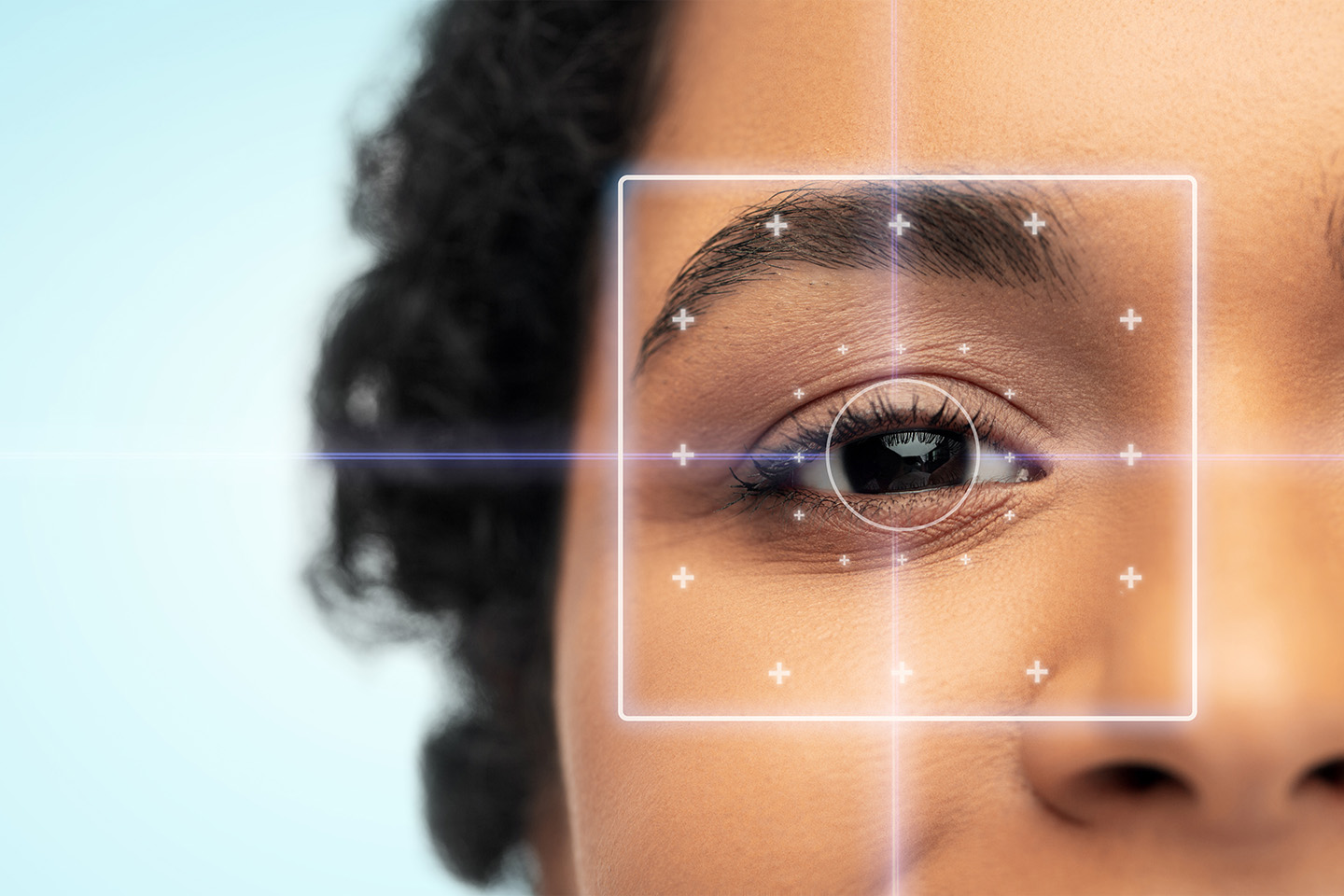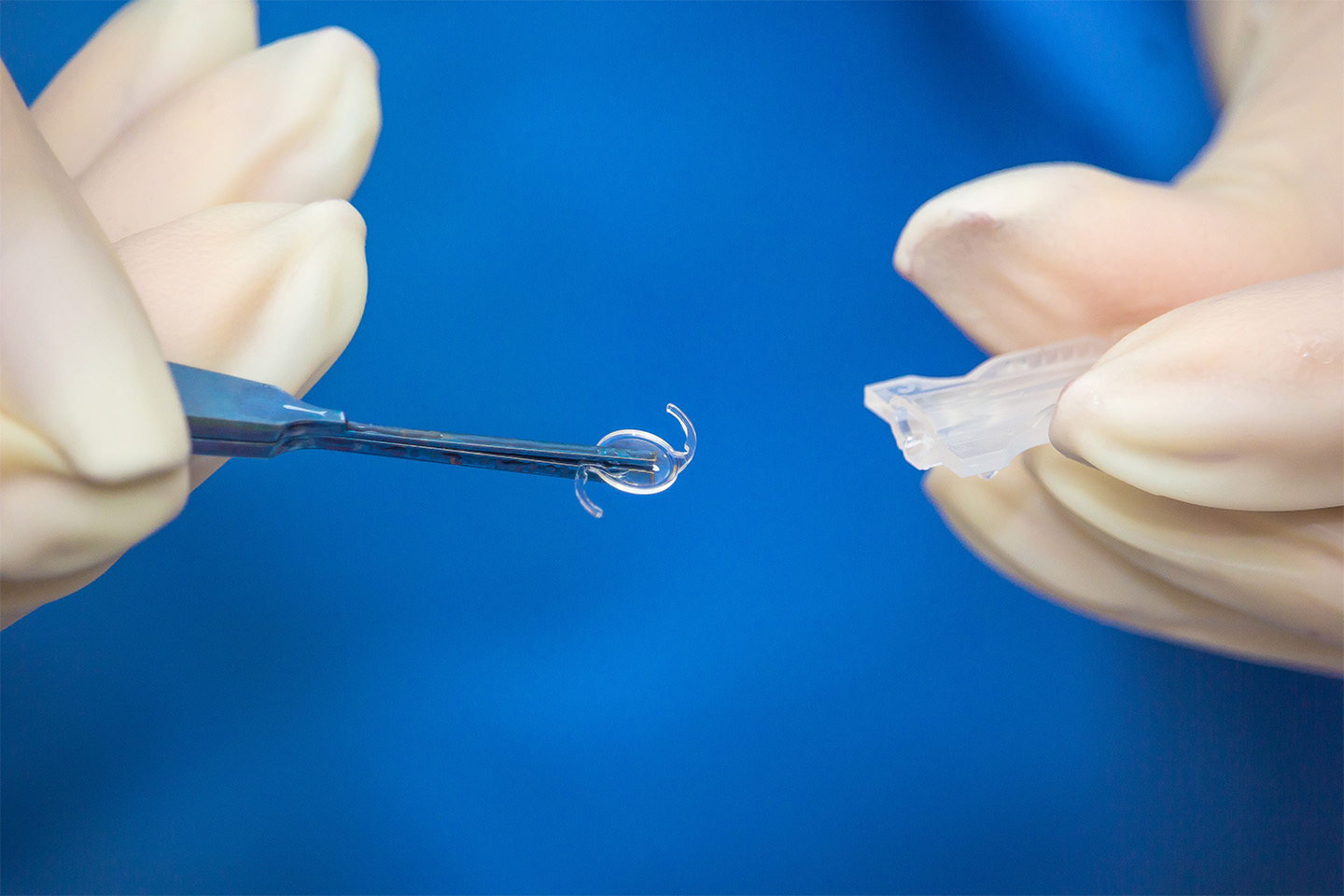Can Cataracts Lead to Blindness?

The answer is yes – and the good news is that cataracts can be corrected with cataract surgery!
Cataracts Causing Loss of Vision
As the most common cause of vision loss in people over age 40, cataracts are something to keep in the back of your mind as you age.
The prevalence and importance of treating cataracts are often underestimated. In fact, cataracts are actually the principal cause of blindness in the world – there are more cases of cataracts than of diabetic retinopathy, macular degeneration and glaucoma, combined! Currently, there are 22 million Americans over the age of 50 with cataracts.
This is because more than half of all Americans will develop cataracts by the time they reach the age 80 years old. This does not mean that all of the youngsters are safe from them, though. Cataracts also are sometimes found in younger people and even newborn babies.
Because the cause of cataracts can vary from external factors such as UV light to hereditary factors, to health issues such as diabetes or smoking, to previous eye injury or surgery, this is a condition that can affect anyone.
Cataract Detection
During your yearly eye exam, your eyes should be checked for cataracts, but if you are experiencing symptoms such as blurry vision, glare, poor night vision, double vision, faded colors or frequent changes in your prescription, you should schedule a cataract screening as soon as possible. These are the most common symptoms associated with cataracts and can eventually lead to blindness if left untreated.
The reason these symptoms occur is that the once-clear lens of the eye has become cloudy. The clouded lens does not let light through normally to the retina. Your eye has proteins that are arranged in a specific pattern to remain clear, but when those proteins bunch up, that is when cloudiness, dullness, or blurriness of the vision occurs.
If cataracts have already impacted your vision and caused cataract blindness, that does not mean it is too late to have them treated.
Yes, your cataract surgeon can help to restore your vision after losing it to cataracts. But, it is always best to get your cataract treatment started as early as possible. As time goes on, cataracts become more difficult to remove as the clouding expands and causes more vision loss. Cataract surgery tends to yield the best results when it is performed prior to developing a low vision.
The term blindness often is thought of as a permanent condition, when in reality, that is not always the case. Blindness caused by cataracts can be cured through cataract surgery and the use of intraocular lenses.
During cataract surgery, the cloudy lens is removed and an artificial lens is put back in its place. This is considered a very safe procedure, with the success rate of cataract surgery extremely high. Many patients also report minimal to no discomfort during the procedure.
After a cataract is removed, the lens is implanted and it replaces the focusing power of the eye’s natural lens. If you opt for multifocal LifeStyle Lenses, you may have the opportunity to enjoy the freedom of reduced or eliminated dependence on glasses after cataract surgery.
If you or someone you know may have a cataract or is struggling with low vision or cataract blindness, we encourage you to visit us for a cataract evaluation. At Swagel Wootton Eye Care, a Center of Excellence, our experienced surgeons have helped thousands of patients achieve better vision with cataract surgery. To schedule your appointment to discuss removal of cataracts in Mesa or Chandler, simply call 480.641.3937









